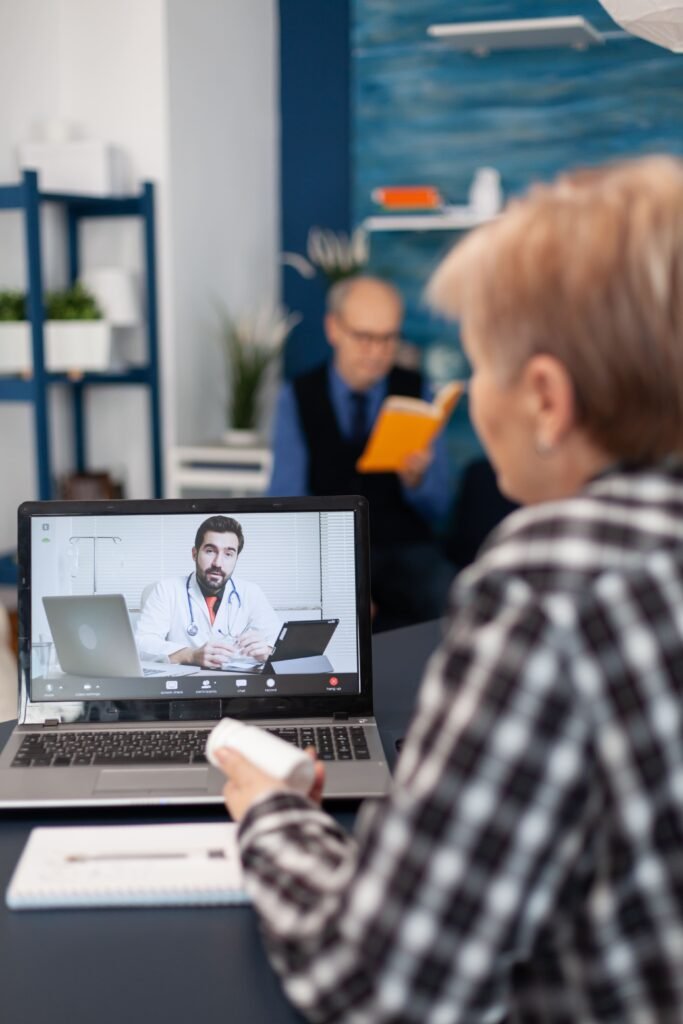FAQ
Do you take insurance?
Good Medics does not accept insurance. We believe in transparent, upfront pricing with no hidden fees, and we’ll show you the cost of your visit before you ever speak with a doctor.
When can I make an appointment?
As soon as your purchase is complete, you’ll get a link to register in the patient portal. From there, you can choose the time that works best for your schedule.
When will I see a doctor?
Most patients are seen within 24 hours. You’ll be able to schedule a telehealth visit right after registering in the portal and completing your forms.
Will I get medications if needed?
Yes. If your symptoms meet treatment criteria, your provider can send prescriptions directly to your pharmacy.
What causes STDs?
They are caused by bacteria, viruses, or parasites transmitted through sexual contact. Common causes include unprotected sex and exposure to infected partners.
What are the symptoms?
They range from no symptoms at all to burning, discharge, sores, or pelvic pain. Every STD is different.
Can STDs be diagnosed via telehealth?
Yes. Based on your symptoms and history, your provider may diagnose and treat directly or order lab testing for confirmation.
Will I need to visit a lab?
Possibly. Some STDs require lab confirmation with urine, blood, or swab tests. Your provider will guide you.
How soon will I feel better?
Relief often starts within 1–3 days of treatment, but full resolution may take longer. Always finish your medication and follow up if needed.





